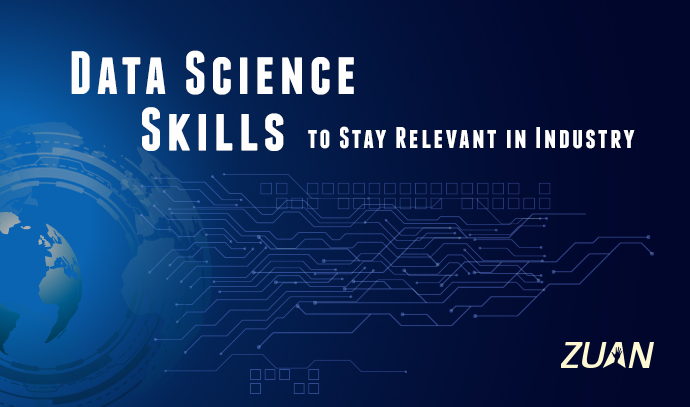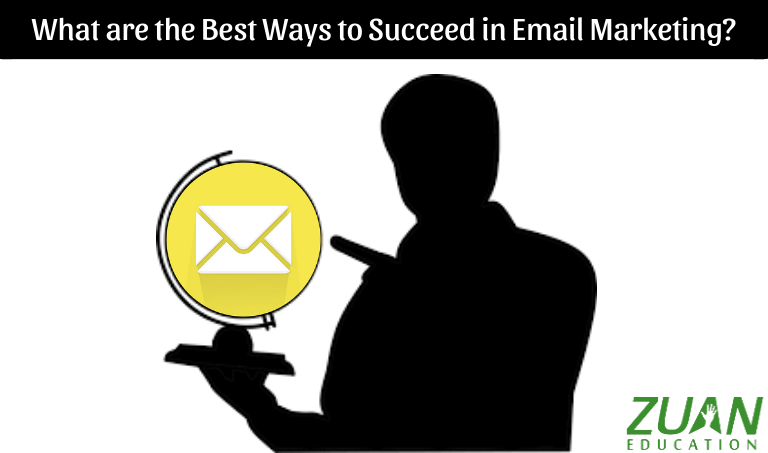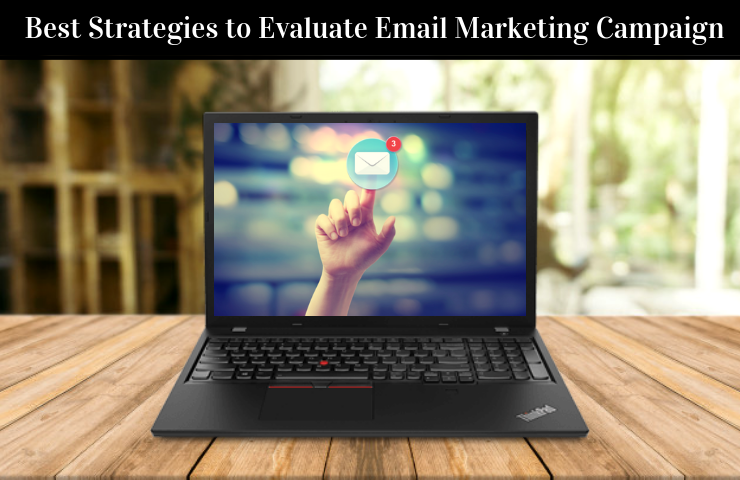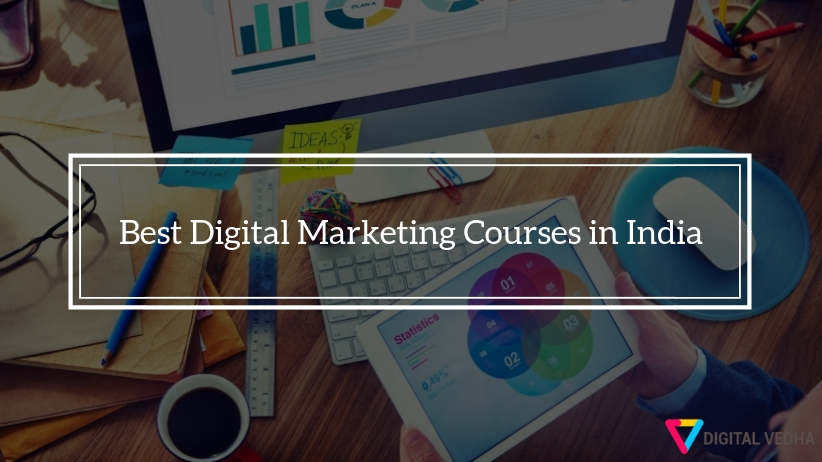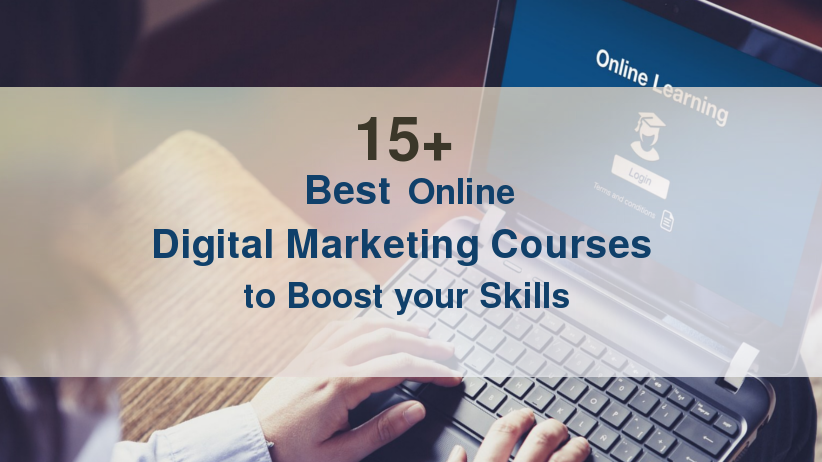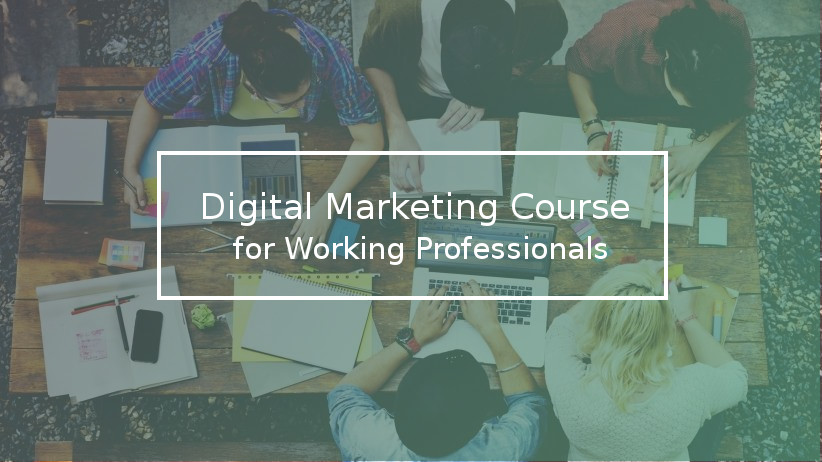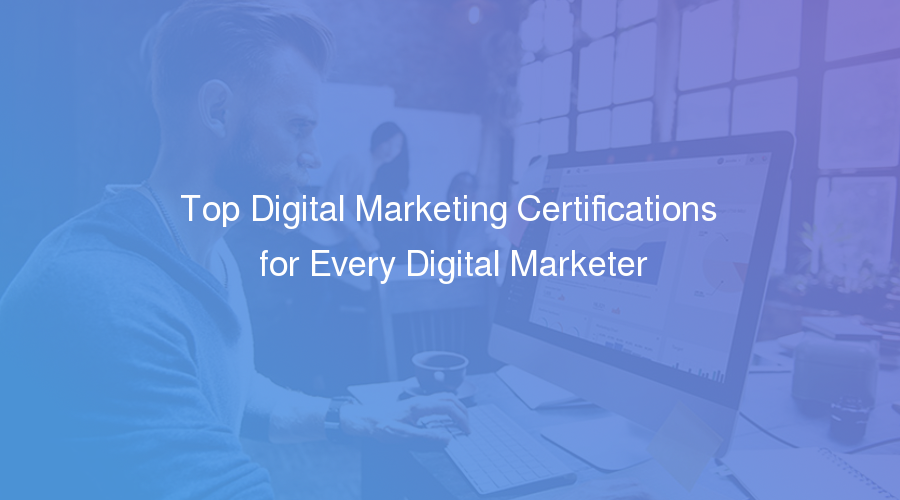Content marketing is very popular and there are about 500 million blogs on the Internet (1.6 billion websites). In recent times, content marketing is less effective than how popular it was before.
So should you give up content marketing now?
If you don’t leverage content marketing, you will miss out on a lot of leads. You can’t tackle the competition and you may end up. So all you need to know is, how to leverage it effectively?
There are many valuable ways to leverage content marketing. In this blog, you will get insider tips that prove content marketing still works and continues to be the strongest strategy to drive conversions.
Let’s get into the topic, “5 effective and actionable content marketing tips” to take your performance up to the next level.
1. Understand the Content Marketing (Sales) Funnel
The sales funnel is an essential term that describes the buyer’s decision-making prospects, with the three key phases being awareness, evaluation, and purchase.
If you’re involved in sales and marketing then pay close attention to this process to gain knowledge of what makes buyers move through the funnel.
Content marketing is an outreach, which means it’s the “top” of the sales funnel. For an outsider, this aspect of digital marketing is “far” from the money-making (sales) part of the funnel.
The content strategists should always think about four critical stages of the funnel:
- Outreach: attracting new customers
- Conversion: convincing customers to buy
- Closing: making the sale
- Retention: establish brand loyalty
The “top” of the funnel is considered as where brand awareness and lead generation happens. It’s an opportunity to reach a possible customer and build your audience.
Keep engaging with them to understand more about your entire strategy. A great content strategist or manager knows how to engage customers through every part of the funnel and keep them active through the funnel.
2. View Your Content as Data
A content strategy doesn’t include the number of blogs written per month, but how much time is spent doing Facebook Live, or whether or not a company should be writing a whitepaper.
It is all about quality, but all of these are components and not what will guide your strategic approach.
A great content marketing strategy can engage audiences at every stage. A good strategist should understand how their content works. You can use this information to move into the next phase in the funnel.
Your strategy will be guided by analytics. The strategist will monitor, and report on the numbers for better conversions. You should track where your customers are “coming from,” and where they are “going.” In other terms, you need to assess traffic patterns regularly.
Test what you’re doing continuously to know about your audience’s preferences, interests, and purchasing behavior. You need to know the performance to make it to the next step of the process.
3. Make a Plan
Creating a calendar is a vital successful strategy. A content calendar can guide your strategy throughout a given timeframe. You can add special dates in here, like major holidays and events relevant to your industry.
You can also leave some “blank” spots to incorporate any unpredictable but relevant events or trending topics that you need to create content in last-minute deadlines.
You can also use this calendar to plan what you post and where. Having a multimedia strategy includes outreach like guest posting and PR is crucial these days.
Consider where different distribution channels will fit into your sales strategy following months.
4. Repurpose
If you consider distribution, you want to mind the different purposes of content and analyze how it can affect your marketing and how you can use various content to save time and resources. For example, guest blogging, and social media to build customer relationships.
It is efficient to develop a strategy based content that can easily be repurposed through different channels and for different purposes. When you develop your content (think multimedia), consider the ways that it can be converted in the future easily.
Here are some ideas:
- Develop a webinar
- Guides out of old blogs
- Blogs
- Create an infographic
You can build content with the intention of a mixed-use strategy. For example, Tweet buttons.
It should provide an easy way for you and your audience to broaden the distribution of a given post.
5. Establish Specific Direction for Your Content
Are you a content strategist or manager?
If yes, then you should have a solid framework of content and writers always ready. You should have a strategy, know the funnel, and have a calendar. In a general sense, you should know what you want to say.
Many businesses already have a wide range of content and a team of writers handy; these are essentials, a set of tools for analytics.
Every strategist should understand the marketing framework and different types of content in broad aspects.
The list below is not a definite example; it may vary with context.
- Outreach: Facebook ads, landing page, explainer videos, infographics
- Conversion: Social media, informational blog posts, case studies, quizzes
- Closing: Email series, reviews, questionnaires
- Retention: Exclusive offers, whitepapers, e-mails, contests, surveys
It’s essential that you have this content ready to go well in the timeline. You should also know which type of content performs well in different contexts with different audiences and also across platforms.
These are the trends that you can bank on in most instances are video (especially ephemeral content), infographics, and AI-based applications such as voice search.
Always Keep a Fresh Mindset
The key traits of a great content marketing strategist is an ability to problem-solve and learn new things.
Content marketing isn’t rocket science, but you need patience, creativity, and an analytical outlook.
An effective strategy does require analytical thinking, it needs creativity and experimentation.
You need a clear vision of your goals and a business plan in place. It is effective to learn up-to-date tools that you have access to in the context of the business and industry.
Final Takeaway
Content marketing actually works. That’s why so many people are using it today. The key to ensure that is leveraging new and innovative tactics like setting clearer content marketing goals and A/B testing various content. If you have a customer-focused strategy then your content marketing will work.

